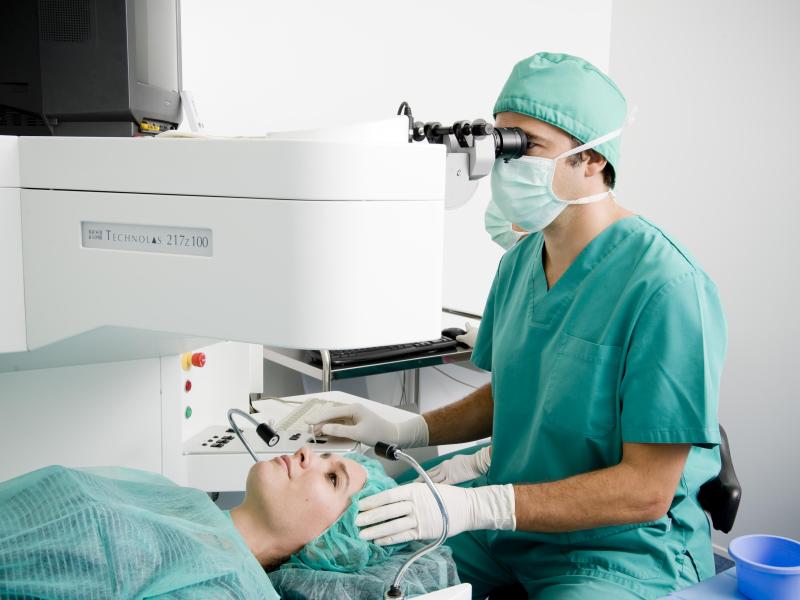Diplopia: What is it?
Diplopia, or double vision, is a visual symptom that occurs with the simultaneous perception of two images relating to the same object. Double vision can be transient, constant, or intermittent.
Types of diplopia
Diplopia can be:
- Monocular, when we see double with one eye (that is, we perceive it even when only one eye is open),
- Binocular, seeing double with both eyes (disappears when closing one eye).
Binocular diplopia
At the base of binocular diplopia, there is an unconjugated movement of the two eyes, so that the same image, in certain gaze positions, is perceived in different positions in space.
At the time of diagnosis, the specialist asks the patient to follow the movement of light and this is perceived as double when his gaze is directed into the field of action of the less or non-functional muscle.
Causes and Cures of Binocular Diplopia
The causes of binocular diplopia can be:
- Vascular
- Metabolic (eg diabetes)
- Traumatic
- Inflammatory (as in thyroid ophthalmopathy)
- Neoplastic
- Degenerative
Diagnostic evaluations
The clinical diagnosis is supported by a series of instrumental examinations, for example, MRI, and electromyography, and by consultations such as a neurological examination, which help the specialist define the origin and the nature of the problem.
Double vision remedies
Temporarily, the disturbance can be corrected by occlusion of 1 of the 2 eyes or, if possible, by the application of special lenses, called prismatic lenses, which attenuate the diplopia. Definitive treatment comes from an accurate diagnosis.
Monocular diplopia
Basically, unlike binocular diplopia, there is a problem that affects only one of the 2 eyes which is monocular diplopia, and is strictly the responsibility of the ophthalmologist.
This is the consequence of a distortion of the image which passes through the dioptric means.
Diplopia causes
If we consider the eye as a camera, its objective is composed of two lenses:
The cornea, anterior and transparent membrane, which is the most powerful lens
The lens, the innermost, located behind the iris and the pupil, is less powerful, but able to modify its power, allowing focus at different distances
Both can cause diplopia.
Among the causes of corneal origin, we remember astigmatism (the image is focused on two different planes), a refractive defect often associated with myopia and hyperopia which must be corrected appropriately to avoid diplopia.
A particular cause of astigmatism is keratoconus, a disease that affects 1 in 2000 people and appears between the ages of ten and twenty. In this case, the astigmatism is so high and irregular that it cannot be corrected with glasses.
Technological evolution has made available to ophthalmologists techniques that can stop its evolution if diagnosed early, such as corneal collagen cross-linking, or allow it to be treated surgically with extremely selective grafting operations that involve the use of femtosecond laser acting on the cornea with micrometric precision (Lamellar Graft).
Another important cause of monocular diplopia is the opacity of the lens, so in this case intervention is necessary.
Advanced ophthalmic treatments
For a few years, we have been using femtosecond laser and 3D technology to minimize the surgical impact. Moreover, it is possible to replace the natural lens with a high-tech artificial lens capable of simultaneously correcting refractive defects (myopia, hyperopia, astigmatism, presbyopia.) freeing the patient from the uncomfortable dependence on glasses and solving diplopia.
Diplopia requires prompt intervention by the ophthalmologist which in some cases will require the advice of other specialists, while in other cases he will be able to resolve the problem completely after carefully framing it.






